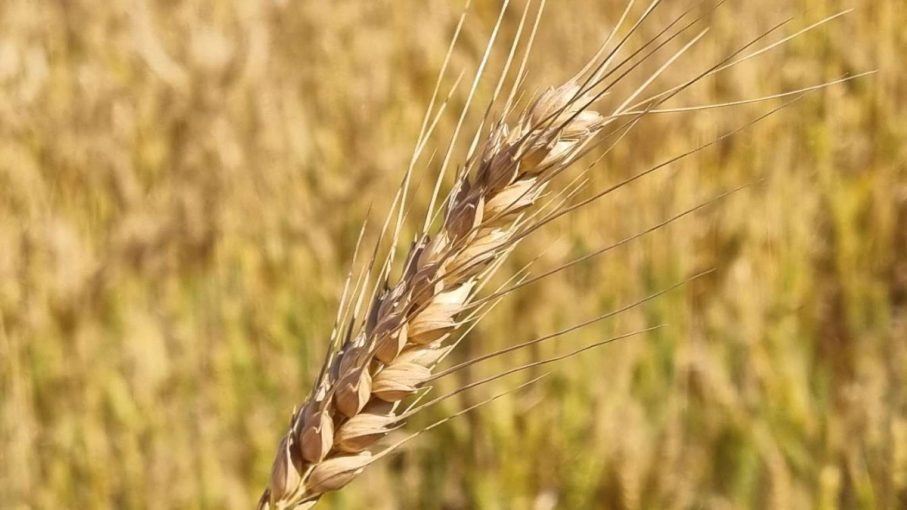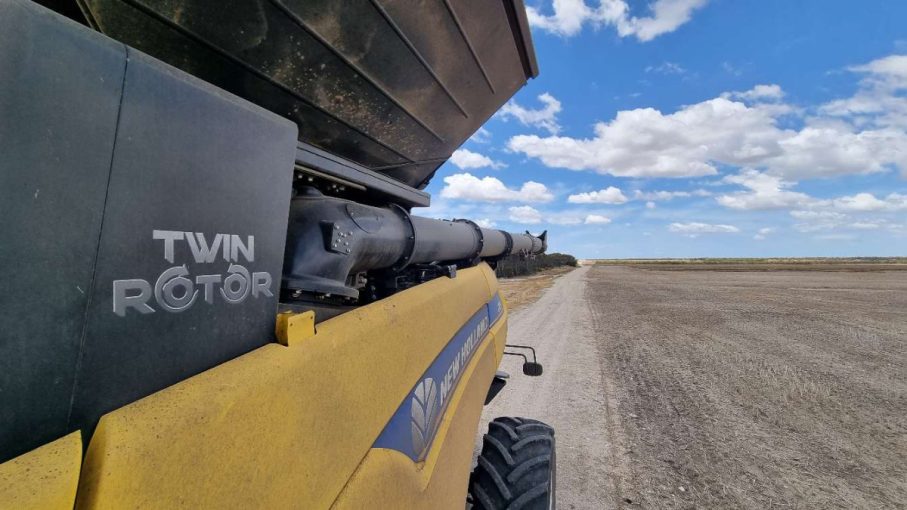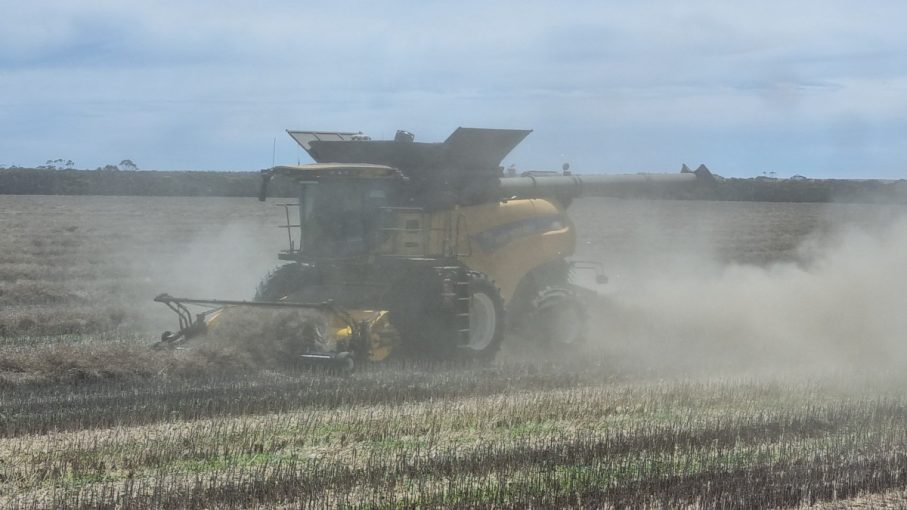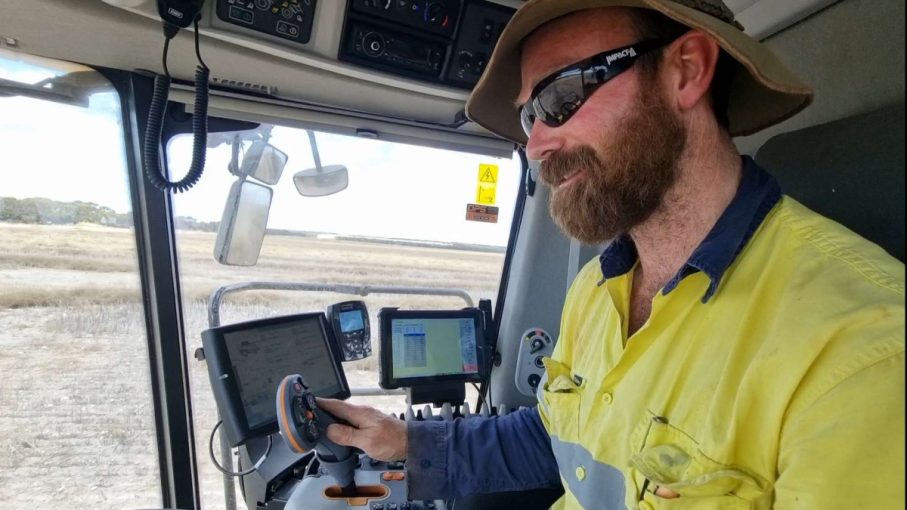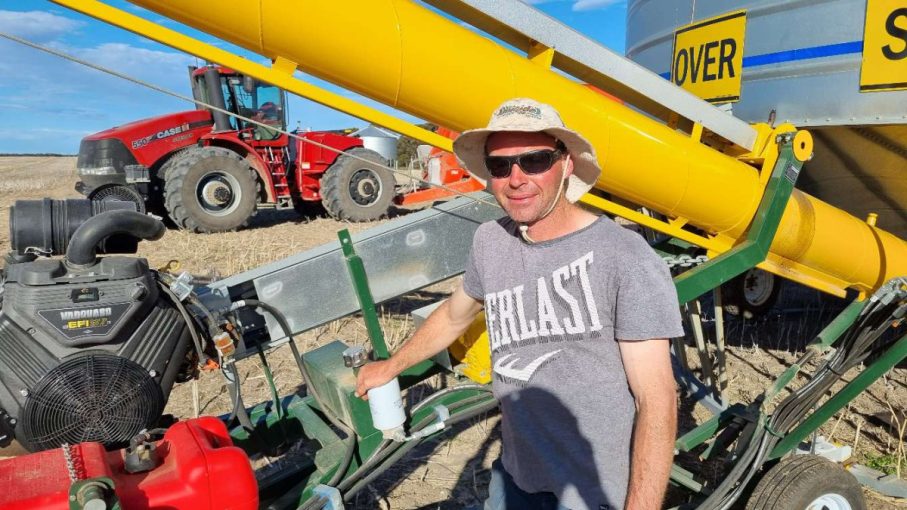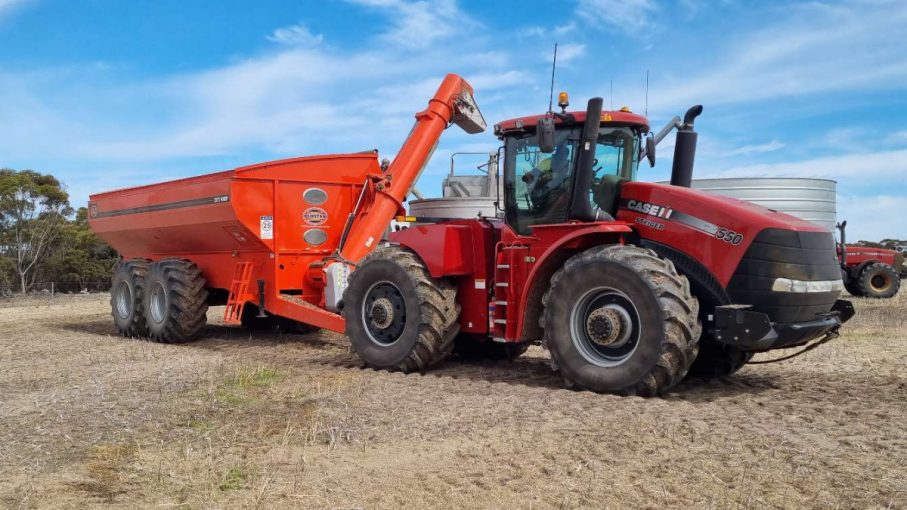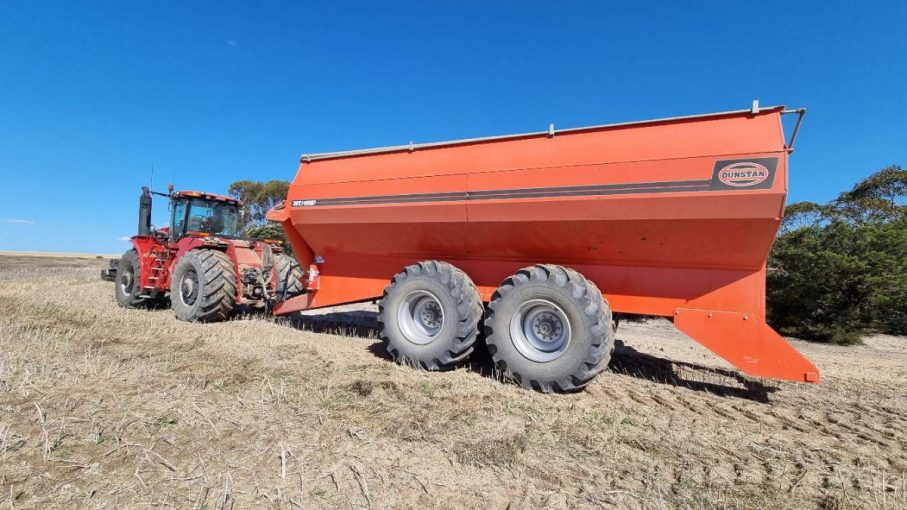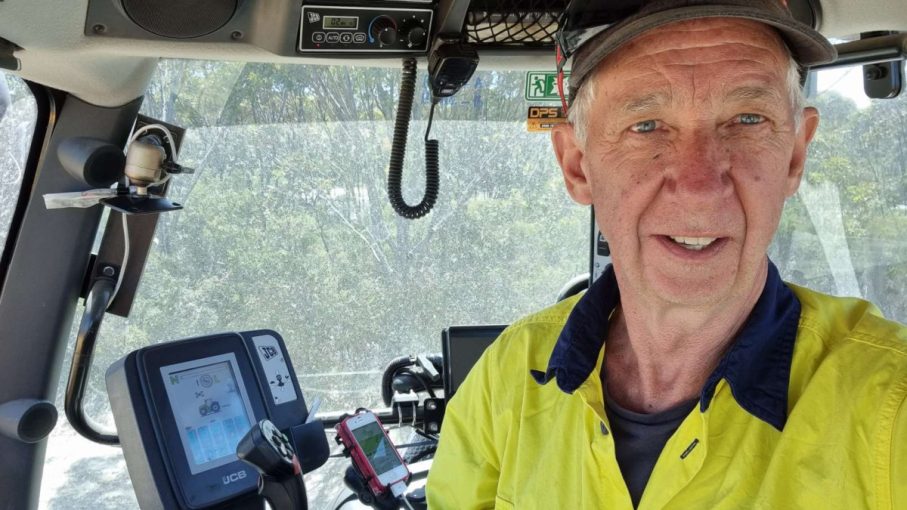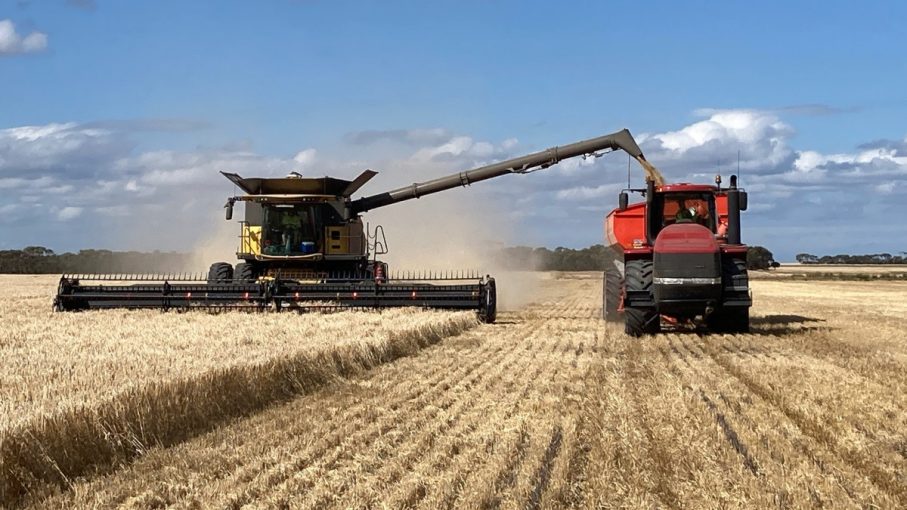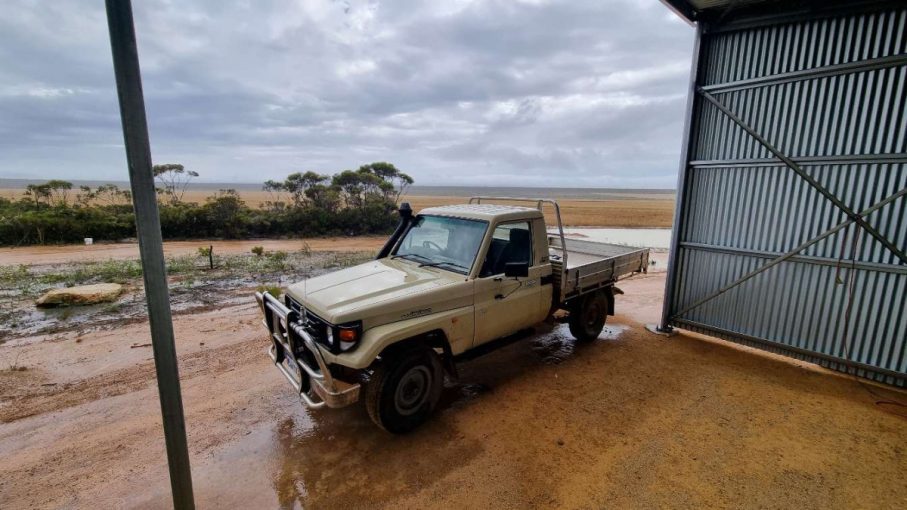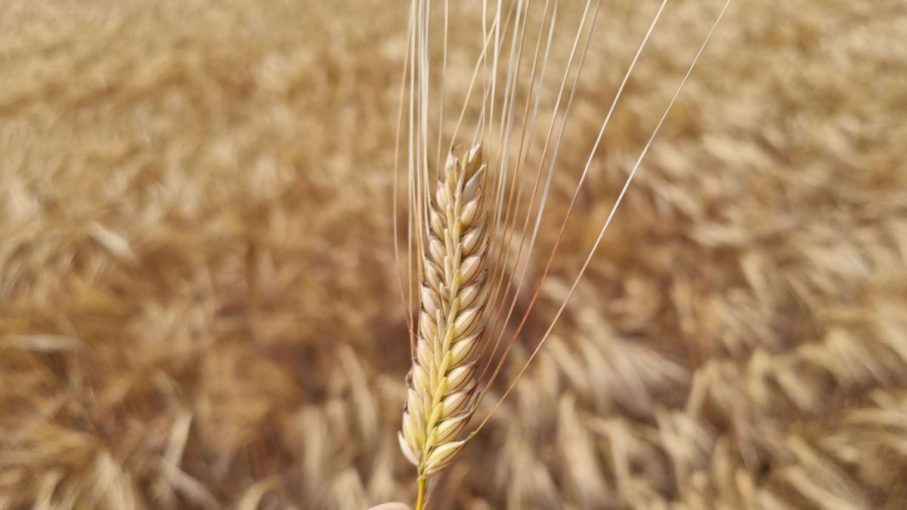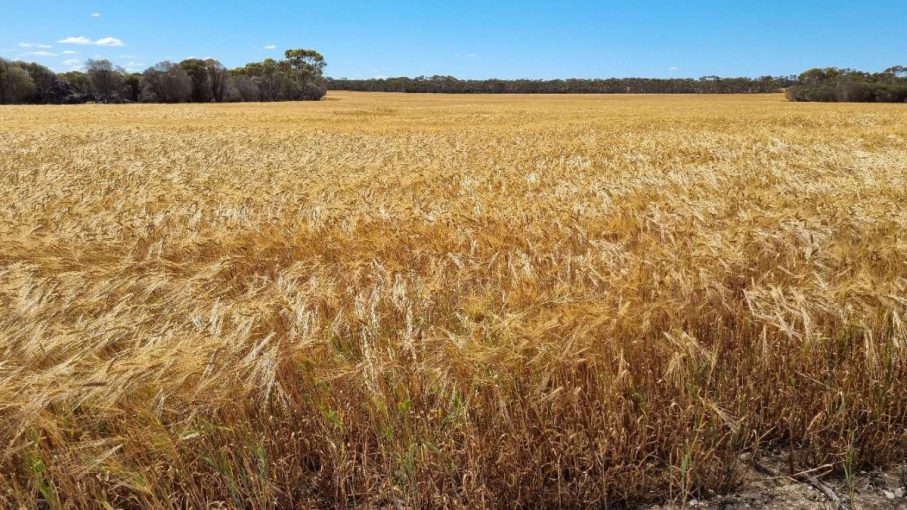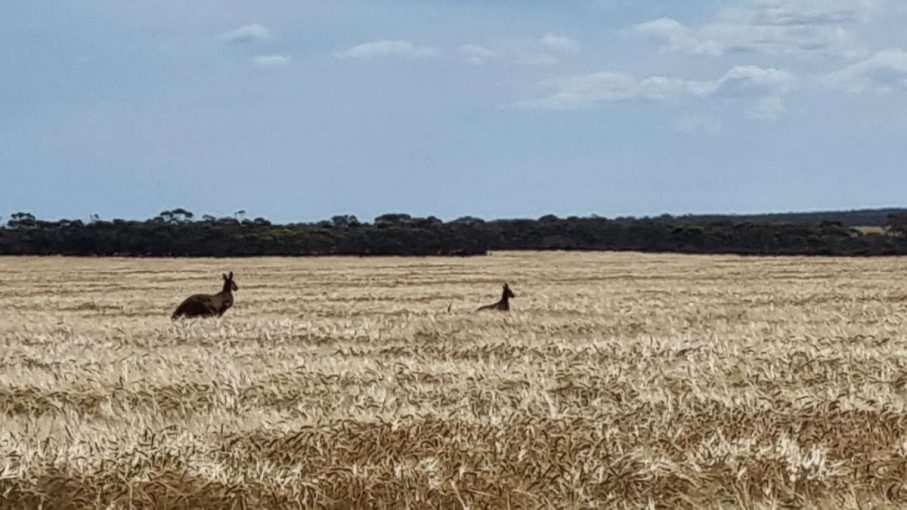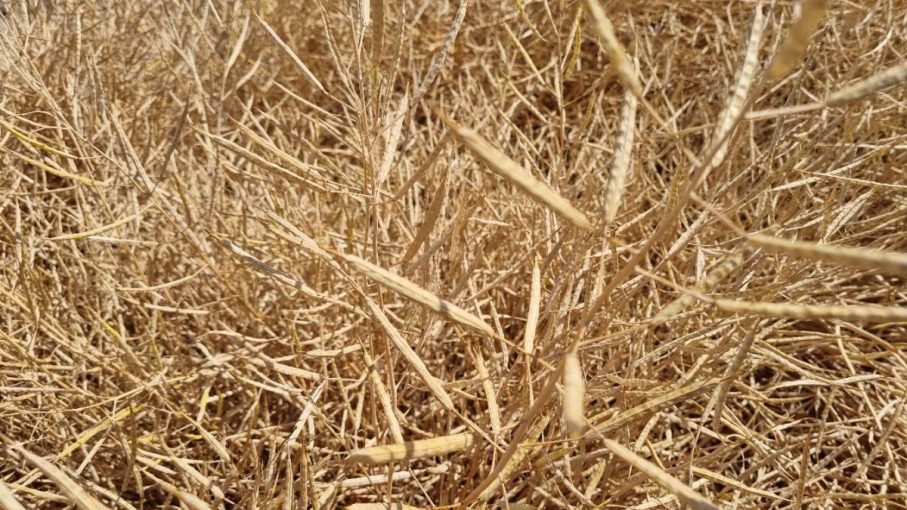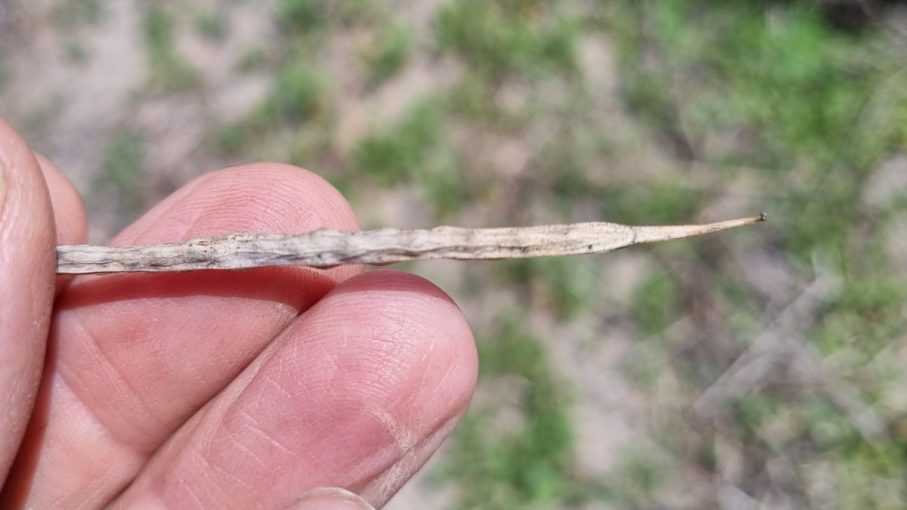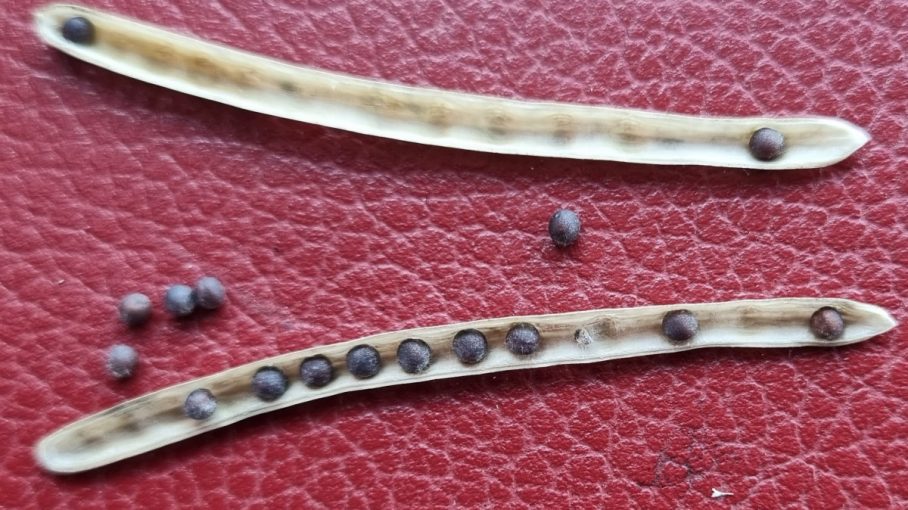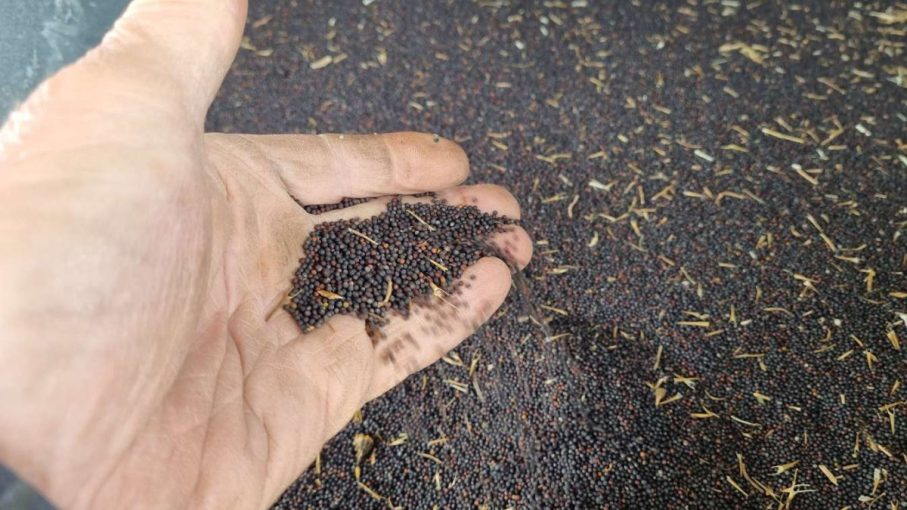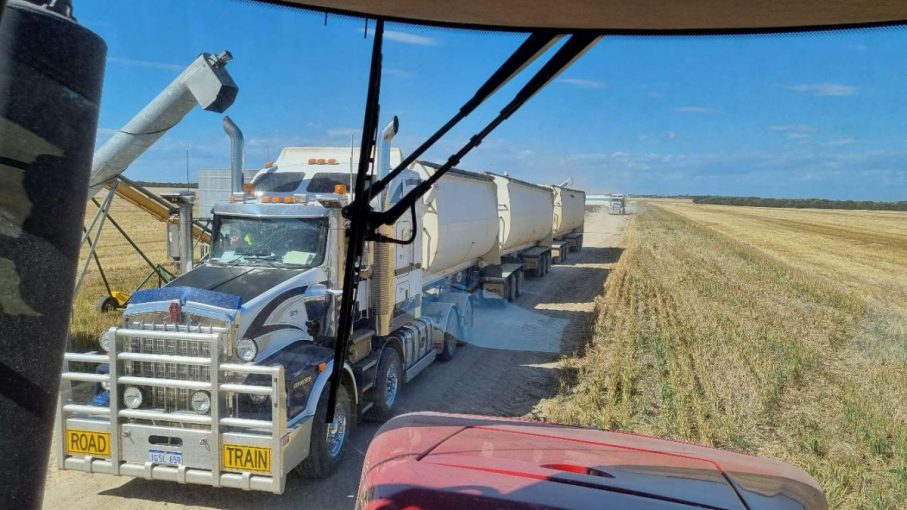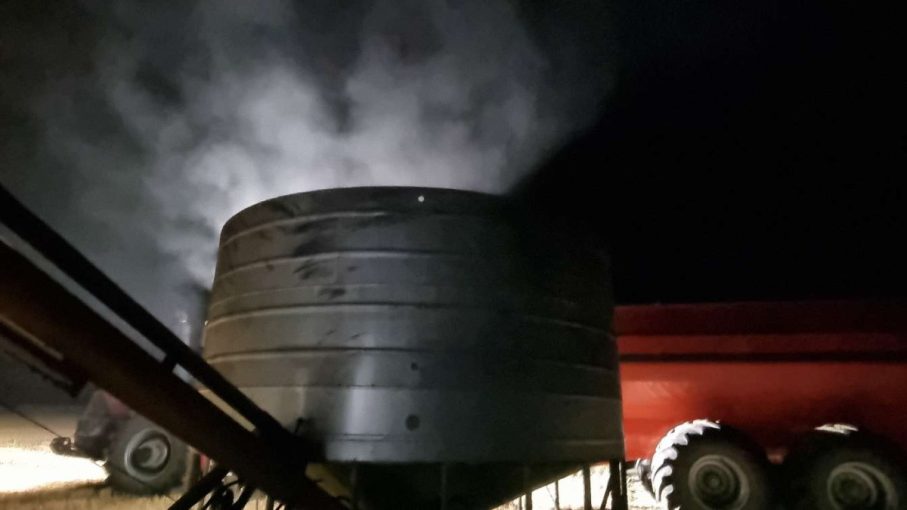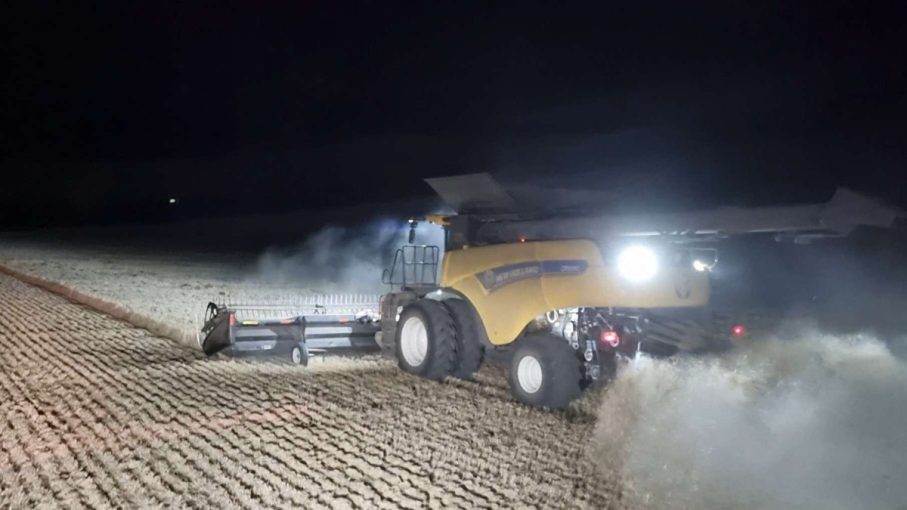“Who’d be a farmer?” I’d heard that comment a couple times. I’d taken on a seasonal farm stint in south east Western Australia.
As far as the eye could see, golden coloured crops gently flowed back and forth with the warm wind. It was harvest time.
You could almost see the glint in farming brothers, John and Michael Bertola’s eyes. All their year’s efforts were finally there for the taking, waiting to be rewarded. And it was looking like a bumper season.
Unfortunately, as is the nature of farming, the weather had other plans. In fact for the first month, I spent more time back in Perth waiting for the periods of rain drenched land to dry out. What farmer wouldn’t feel exasperated when nature dashes your best laid plans. As the crops became drenched, the surrounding land looked more like a rice paddy. “If it was that easy, I suppose, everyone would want to be a farmer”, John exclaimed as if to ease his frustration.
Could you imagine your job or business, where instead of a weekly or monthly income, you had to wait a whole year. All your expenses and time spent every day and week of the year were committed with the anticipation of being paid just once at the end of the year. And that is if every thing goes to plan.
Forward a few weeks, the weather is finally looking favourable. And already in just a matter of days there’s been a half million tons harvested from this farming region, with another three million to go. All the grain from this area and in fact from most of Western Australia is exported. Wheat, barley and Canola.
Around here in Esperance, it’s all thanks to this land being opened up for farming in the 1980’s. Of course the concept of clearing land for cropping has since become a dirty word. But what was once scrubland, would unquestionably be a deep sense of pride for these pioneering farmers. Purchased at a dollar an acre, their conditional requirement being to clear the land for cropping. And with the addition of trace elements, the land has become an extremely prosperous asset. Not just for these farmers, but as an Australian export earner.
The sun had been up for a couple hours. Mike was striding across the stubble to the harvester. He was telling me he had just presold 200 tons of Canola on the spot market yesterday. It was all done via an app on his phone. “It was a good price”, he said.
He was about to do a test run on the harvester, an impressive piece of high tech machinery on its own. The computer screen on the dashboard displays the moisture content of the grain as it is being harvested. “If it’s above 8% we’ll have to wait a bit” he explained.
If you thought farming were just for a bunch of country hicks, think again. Farming is a sophisticated business that requires smart business minded operators. Technology oozes out of every aspect of the operation. From these high tech gps and computer controlled harvesters and tractors, to sophisticated information management systems.
“I’m driving the harvester”, Mike explains, “as soon as our latest delivery to the CBH grain storage is received I receive an alert that shows me how many tons we just delivered as well as the grain quality data, all via my mobile phone app.” And that contract he sold earlier, he just allocated some of their latest delivery.
Meanwhile, as the Chaser Bin driver, I’m back on the tractor towing a forty ton bin “chasing” Mike down the paddock to offload more grain from his harvester. Forty tons? That’s equivalent to a dozen fully loaded four wheel drive vehicles, with a camper on the back, the type we drive around Australia. That’s a lot of grain. I’ve lost count of how many of those bin fulls we do a day.
It’s people like John and Mike who provide and harvest the food we put on our table. In this case it’s for other parts of the world, the export of which contributes to us enjoying a more prosperous country we enjoy.
I’m grateful that these guys really do love being a farmer.

